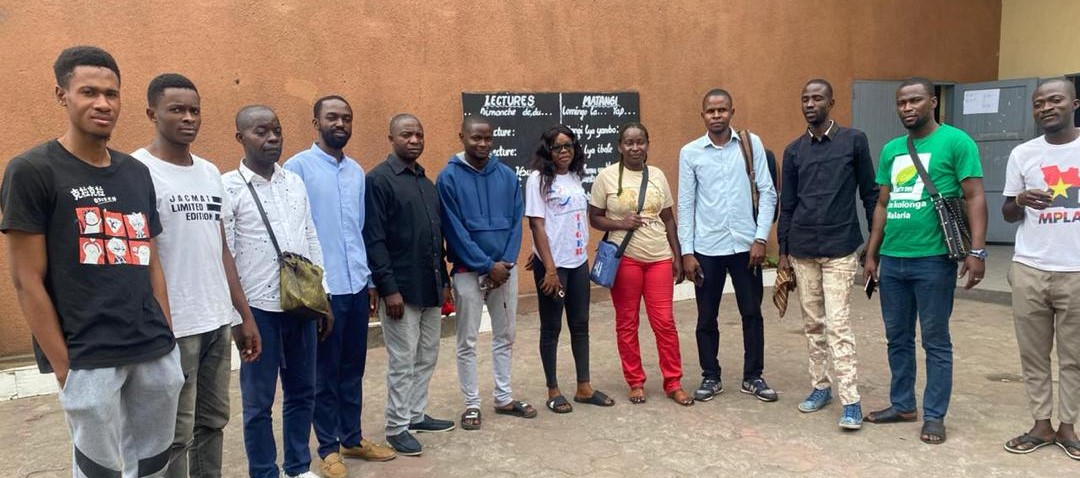
“It's been 3 years since I finished my university studies and it's hard for me to find a job, so we're making a living in the informal sector. Our government has no job creation policy, and Congolese youth is suffering enormously. To avoid falling into banditry, I've opted for entrepreneurship: I buy clothes and sell them on the Internet. This allows me to live and take care of myself. To get a job, you need to belong to a political clan. If you're not involved in politics, it's hard to get a stable job.” - Testimony from a young man in DRC
Congolese young people have the capacity to face up to difficult situations, as testified by this young man who, despite the situation in which he lives, manages to work. Nevertheless, as young people, they need to find alternatives and real solutions to their precarious situation. This is why the YCW is working to find solutions for a better future and a dignified life.
PANAF's visit to Kinshasa last year was aimed at analyzing the situation in Congo and the lives of young people, as well as identifying potential leaders to launch a new extension process in Africa.
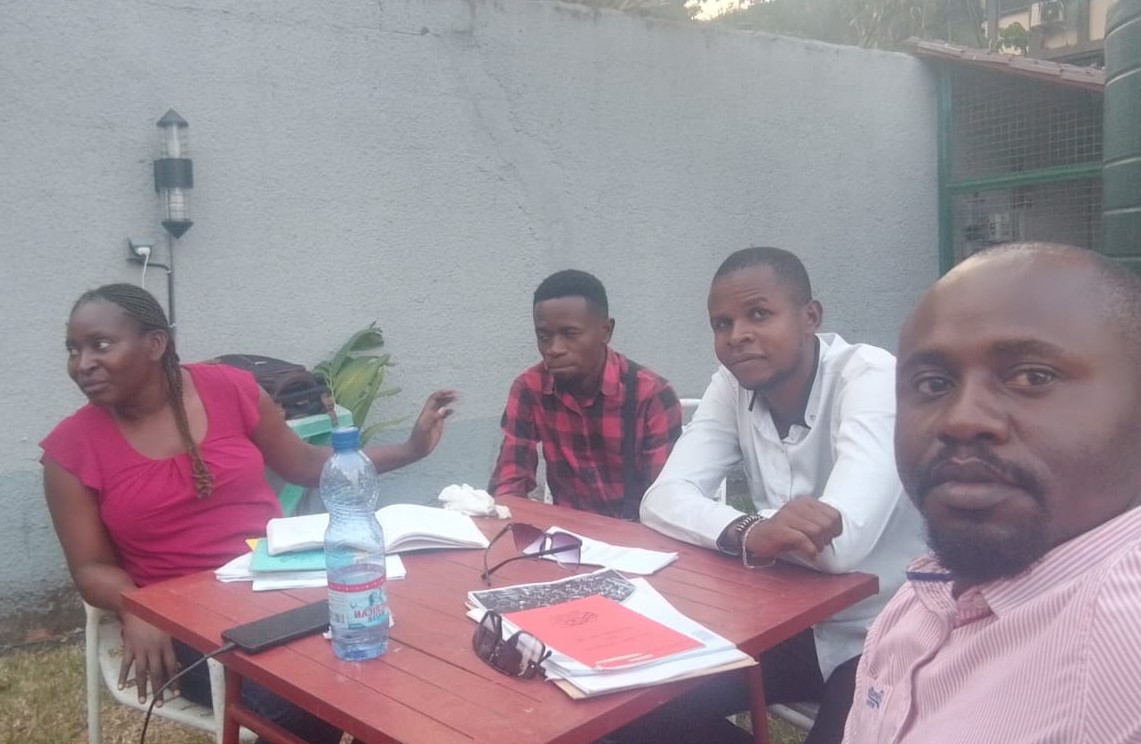
The young people identified included unemployed youth, students, apprentices, workers in the informal economy (small tradesmen, bricklayers, seamstresses, etc.) and unskilled young people. They were very interested and eager for real change. They hope to find in the YCW a platform through which they can express themselves and make their main demands heard.
A solid base of young people was found in the municipalities of Kisenso and Lemba. They were keen to take on new challenges, and above all to have a common meeting place, to reflect on their lives, dreams and aspirations, and also on the obstacles preventing them from achieving their goals. Training these young people in the fundamental principles of the YCW (ROLWA, See-Judge-Act, the task of education, etc.) was the result of a series of meetings and exchanges. Former members such as Pontien Kabongo, Guilain Diadia, Frédy Bilombi and Victorine Neka have all contributed to this.
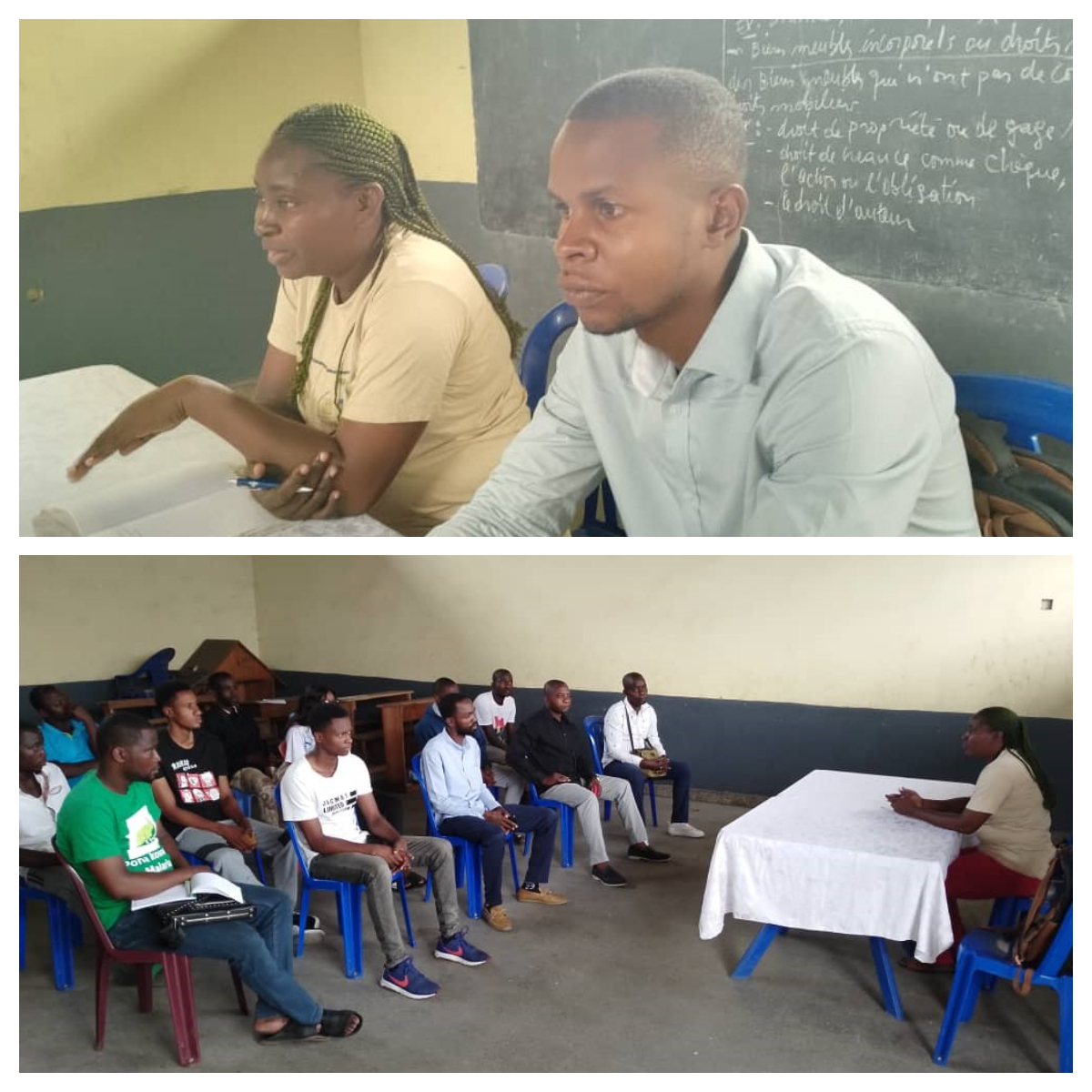
The visit generated multiple opportunities to continue building the YCW. The new leaders who were identified gave impetus to the creation of a national team eager to collaborate with PANAF and the IYCW. To take action, more support will be needed in terms of training and, above all, a high level of motivation among young people will be required. This motivation is very much in evidence in Kinshasa, where the young people have launched some very interesting initiatives for the continuity of the movement.
Nevertheless, to achieve the objectives of extension work in DRC, it is necessary to mobilize the efforts of many people who can contribute in different ways, at different levels and in different forums. For example, within the Church, ready to contribute and accompany, or among the adults of the YCW, to accompany the grassroots groups in their training process.
The objective of the visit was achieved, as 35 groups of young people, each comprising 5 or 6 members, were identified. They are motivated and want to be part of the YCW. An analysis of young people’s reality in Kinshasa was carried out, and young leaders have been identified. They are now in charge of coordination, with the aim of building the YCW and, above all, of identifying their various problems so as to move on to the next stage and initiate action.
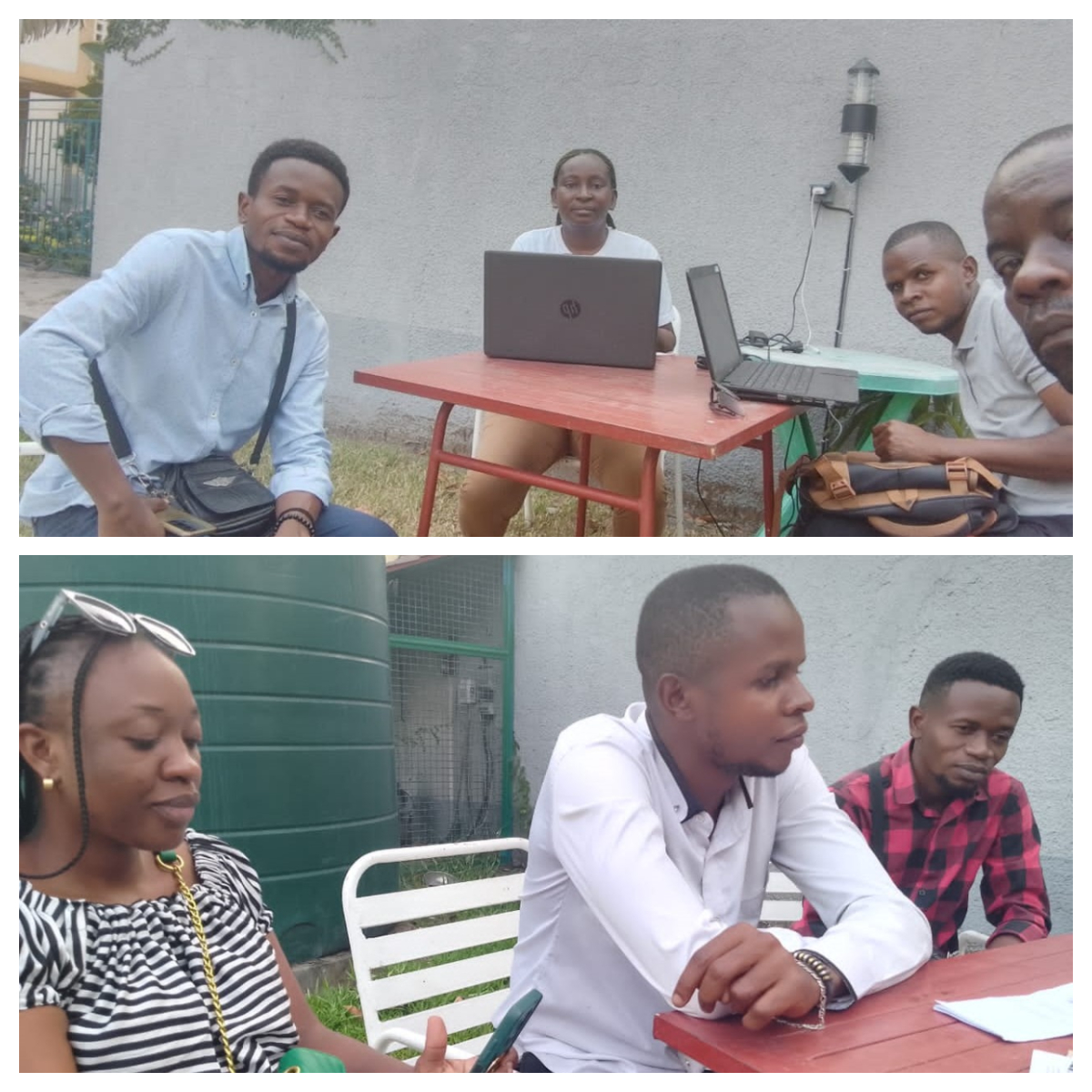

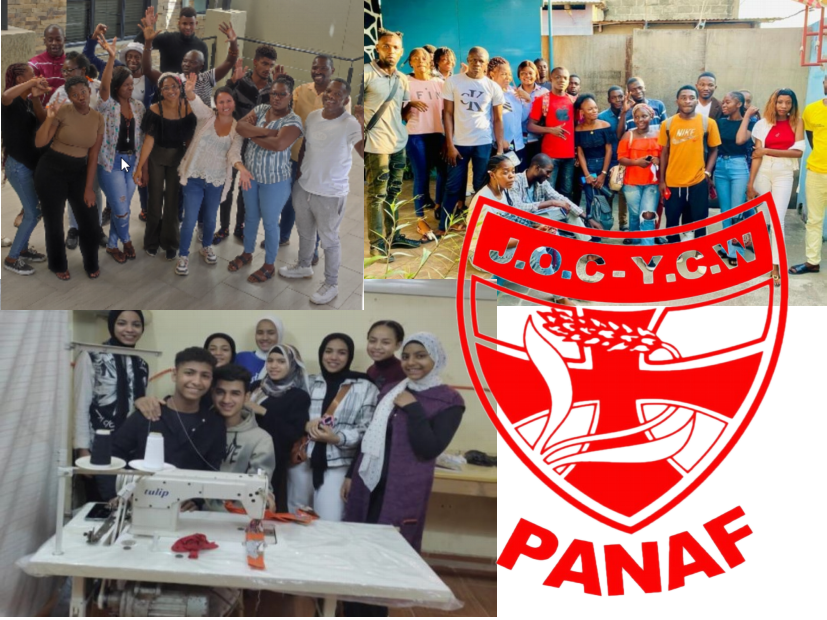

 English
English  Español
Español  Français
Français